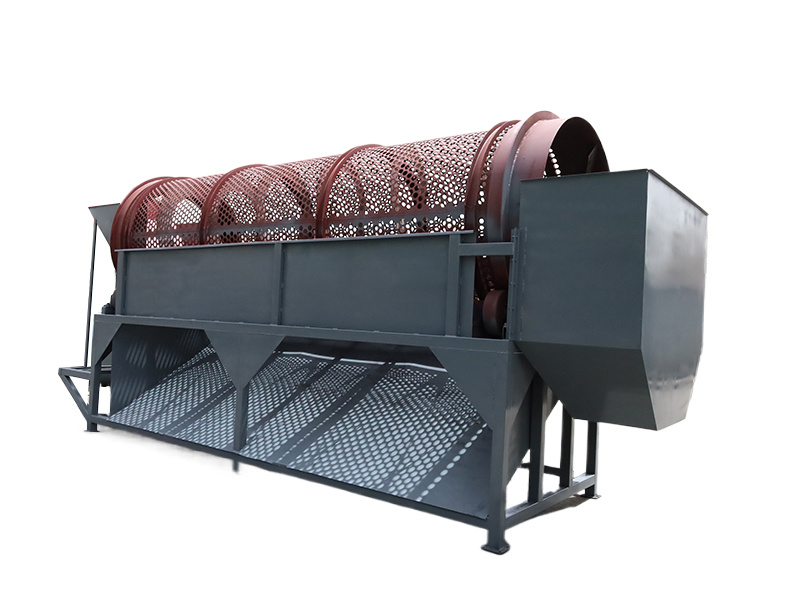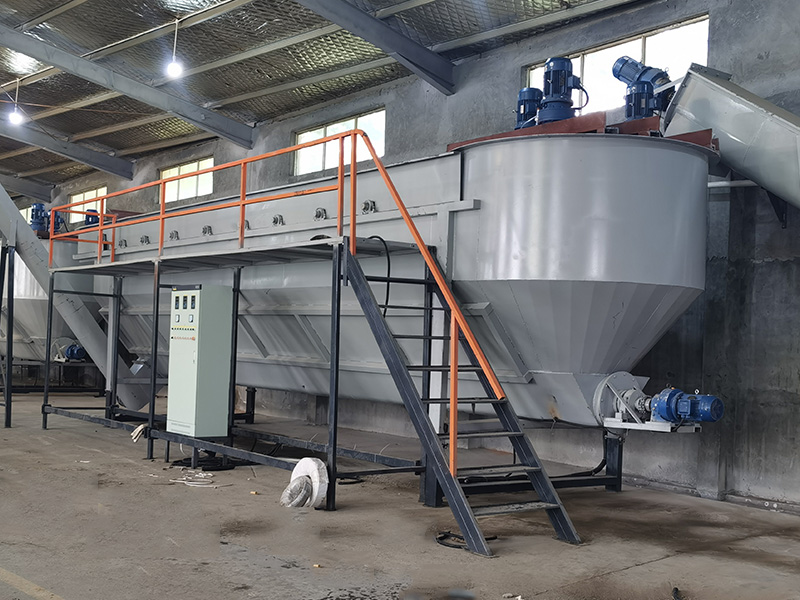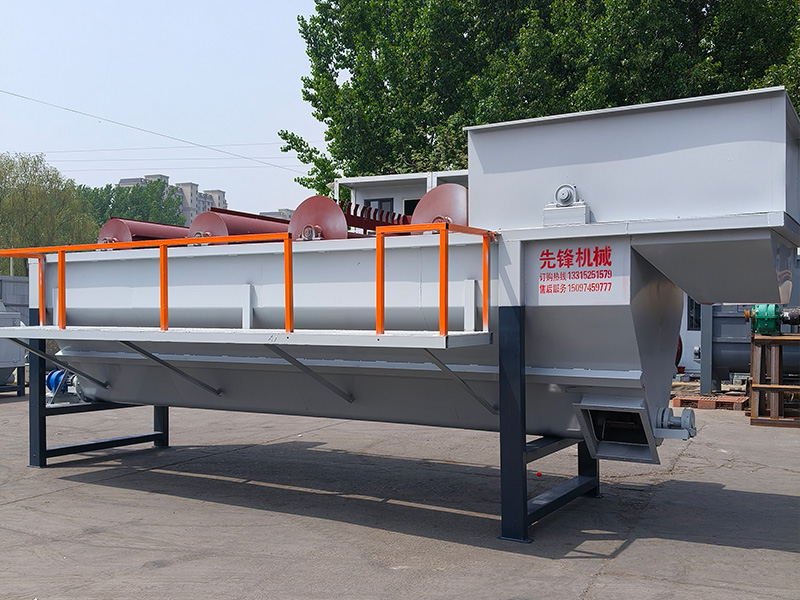Transforming Plastic Waste: The Future of Valorization in Manufacturing
Plastic waste valorization refers to the process of converting discarded plastics into useful products or materials, thus promoting sustainability and reducing environmental impact. As the world grapples with the challenges posed by plastic pollution, this innovative approach to managing plastic waste has gained prominence, particularly in the manufacturing sector.
The manufacturing industry, espe
May 29,2025

Plastic waste valorization refers to the process of converting discarded plastics into useful products or materials, thus promoting sustainability and reducing environmental impact. As the world grapples with the challenges posed by plastic pollution, this innovative approach to managing plastic waste has gained prominence, particularly in the manufacturing sector.
The manufacturing industry, especially in plastic processing, plays a crucial role in addressing plastic waste issues. By adopting plastic waste valorization techniques, manufacturers can transform waste materials into valuable resources, thereby minimizing the need for virgin materials and reducing overall waste. This not only helps in conserving natural resources but also lowers the environmental footprint of production processes.
One of the key methods of plastic waste valorization involves mechanical recycling, where plastic waste is shredded, melted, and reformed into new products. This process is efficient and allows for various types of plastics to be reused. For instance, post-consumer plastic bottles can be transformed into fiber for textiles or new containers, significantly extending the lifecycle of plastic materials.
Another promising approach is chemical recycling, which breaks down plastic waste into its molecular components. This method enables the production of high-quality raw materials that can be used to create new plastics, thus closing the recycling loop. Unlike mechanical recycling, chemical recycling can handle a wider variety of plastics, including those that are traditionally difficult to recycle, such as multi-layer packaging.
Energy recovery is yet another aspect of plastic waste valorization. This process involves converting plastic waste into energy through methods like incineration or gasification. While not as ideal as recycling, it can serve as an interim solution to manage waste that cannot be recycled, ensuring that it is not simply sent to landfills.
The integration of plastic waste valorization into manufacturing processes aligns with the principles of the circular economy, which emphasizes the importance of reusing, recycling, and repurposing materials rather than relying on a linear approach of take-make-dispose. By embracing valorization, manufacturers not only enhance their sustainability practices but also create economic opportunities through the development of new products and markets.
In summary, plastic waste valorization is a critical strategy in the manufacturing industry, particularly within the realm of plastic processing machinery. By converting waste into valuable resources, businesses can contribute to environmental sustainability, reduce reliance on virgin materials, and foster innovation in product development. As the industry continues to evolve, embracing these practices will be key to building a more sustainable future for manufacturing and beyond.
The manufacturing industry, especially in plastic processing, plays a crucial role in addressing plastic waste issues. By adopting plastic waste valorization techniques, manufacturers can transform waste materials into valuable resources, thereby minimizing the need for virgin materials and reducing overall waste. This not only helps in conserving natural resources but also lowers the environmental footprint of production processes.
One of the key methods of plastic waste valorization involves mechanical recycling, where plastic waste is shredded, melted, and reformed into new products. This process is efficient and allows for various types of plastics to be reused. For instance, post-consumer plastic bottles can be transformed into fiber for textiles or new containers, significantly extending the lifecycle of plastic materials.
Another promising approach is chemical recycling, which breaks down plastic waste into its molecular components. This method enables the production of high-quality raw materials that can be used to create new plastics, thus closing the recycling loop. Unlike mechanical recycling, chemical recycling can handle a wider variety of plastics, including those that are traditionally difficult to recycle, such as multi-layer packaging.
Energy recovery is yet another aspect of plastic waste valorization. This process involves converting plastic waste into energy through methods like incineration or gasification. While not as ideal as recycling, it can serve as an interim solution to manage waste that cannot be recycled, ensuring that it is not simply sent to landfills.
The integration of plastic waste valorization into manufacturing processes aligns with the principles of the circular economy, which emphasizes the importance of reusing, recycling, and repurposing materials rather than relying on a linear approach of take-make-dispose. By embracing valorization, manufacturers not only enhance their sustainability practices but also create economic opportunities through the development of new products and markets.
In summary, plastic waste valorization is a critical strategy in the manufacturing industry, particularly within the realm of plastic processing machinery. By converting waste into valuable resources, businesses can contribute to environmental sustainability, reduce reliance on virgin materials, and foster innovation in product development. As the industry continues to evolve, embracing these practices will be key to building a more sustainable future for manufacturing and beyond.
TAG:
Contact Us
E-mail :
Phone/WhatsApp:
Address:
Shunping, Baoding City, Hebei Province









